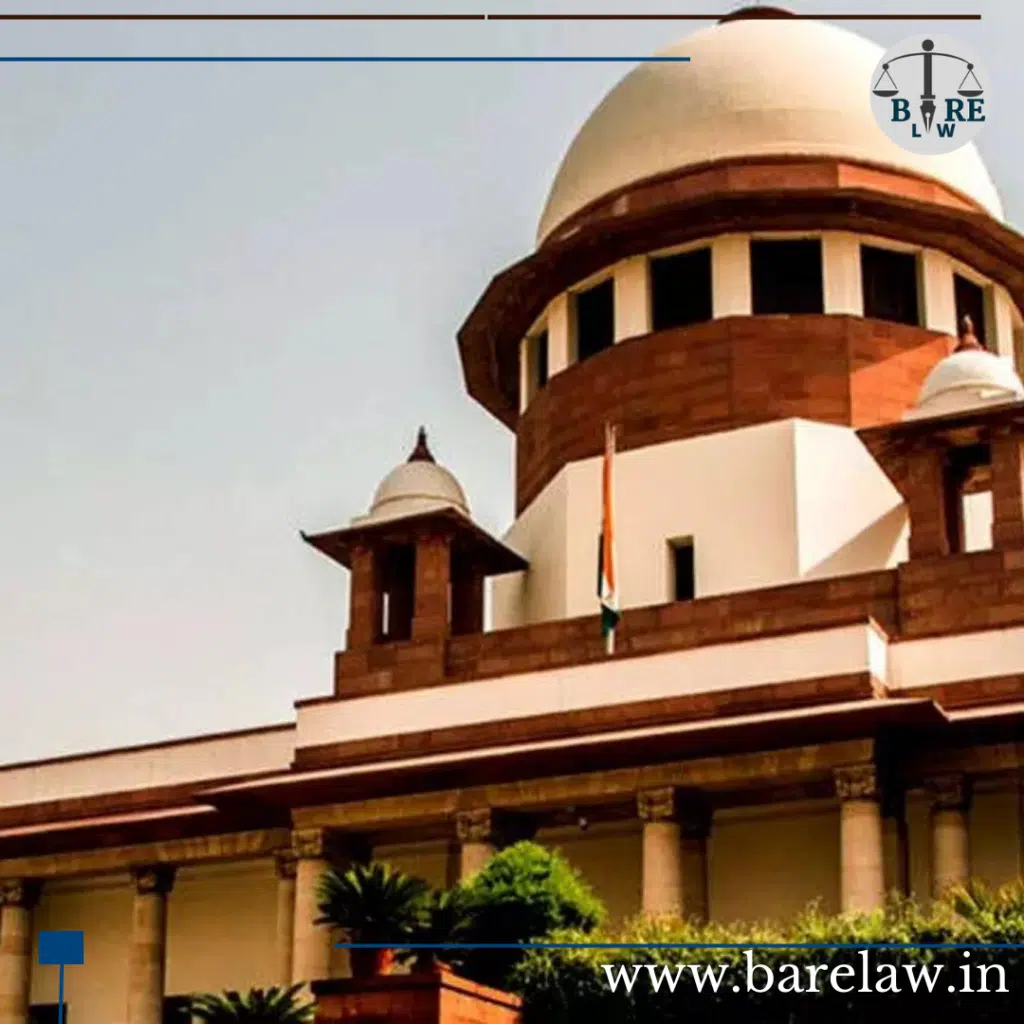
Table of Contents
Article 370 abrogation: Supreme Court begins final hearing on August 2.
Article 370 abrogation: Supreme Court begins final hearing on August 2.
A Constitution bench presided over by Chief Justice of India (CJI) DY Chandrachud and consisting of Justices Sanjay Kishan Maul, Sanjiv Khanna, BR Gavai, and Surya Kant further stated that all parties are required to submit all of their papers, compilations, and written comments by July 27.
“The hearing of the petitions before the constitution bench shall commence on August 2, 10:30 am and then proceed on day to day basis barring miscellaneous days that is Mondays and Fridays,” the order said.
According to the statement made by the court, Advocates Prasanna and Kanu Agrawal would take on the role of nodal counsel for the production of common convenience compilations.
Since compilations were previously generated earlier, if there are to be any further additions, they need to be made by July 27, 2023 at the latest. It is the responsibility of the nodal counsel to ensure that compilations are indexed and paginated. “The copies are to be distributed to all of the counsel,” the judge instructed.
In a related development, the court took note of the Center’s remark that the most recent affidavit that was submitted by the government would not be used as a basis for an argument over the Constitutionality of the issue.
According to what was stated in the ruling, “Solicitor General Tushar Mehta has submitted that although the Centre has filed an additional affidavit setting out central government view on post notification development…it would have no bearing on the constitutional question and it would not be relied upon.”
In a significant development, two of the petitioners, Shah Faesal and Shehla Rashid, asked the court for permission to withdraw their pleadings, and the court granted their request.
This new development comes about three and a half years and a few months after Article 370 of the Constitution, which granted a unique status to the state that was once known as Jammu and Kashmir, was repealed.
The decision of the Central government to abrogate Article 370 of the Constitution, which led to the removal of Jammu and Kashmir’s special status, is being challenged by more than 20 petitions that are currently being considered by the Supreme Court of India. After then, the former state was divided into two different territories that were part of the Union.
Despite the fact that several petitioners requested a reference, a five-judge Constitution Bench of the Supreme Court chose not to refer the batch of petitions to a seven-judge Constitution Bench when the proceedings were last listed in March of 2020.
The petitioners argued that two Supreme Court judgments – Prem Nath Kaul v. State of Jammu & Kashmir and Sampat Prakash v. State of Jammu & Kashmir – which were rendered by five-judge benches and dealt with the interpretation of Article 370, were in conflict.
However, the five-judge bench that was considering the issue decided not to submit the matter to a bigger bench, claiming that they did not find any inconsistency between the two judgements that they had already rendered.
In February of this year, the petitions were also brought up in front of a bench presided over by Chief Justice Chandrachud. After then, the CJI commented that he would “take a call” regarding the listing of the same.
In the meantime, the Union Ministry of Home Affairs submitted a new affidavit on Monday, noting that with the repeal of Article 370, Jammu and Kashmir has experienced unparalleled stability and progress, with stone pelting and school closures becoming things of the past.
During the hearing on Tuesday, the petitioners sought time to respond to the fresh affidavit filed by the Central government.
The Supreme Court, on the other hand, frowned upon the practise of the parties filing new affidavits and papers during the case.
We were previously informed about the business of new affidavits and other compilations. There was some debate about whether there should be five or seven judges on the bench to hear the case. “At this point, I am at a loss to comprehend why it is necessary to file additional documents etc.,” stated Justice Kaul.
“In the same-sex matter, we were continually receiving new submissions, rejoinder submissions, and other types of submissions. Till last evening also we got 1,000 page compilations. It is unjust to other people, and once the compilation has been filed, it ought to be blocked,” the CJI commented on the situation.
In addition to this, he stated that the most recent affidavit that was submitted by the Centre does not have any relevance to the Constitutional issue that the Court will be deciding upon.
The Chief Justice of India made the observation that “the affidavit of the centre has no bearing on the constitutional question.”
“The affidavit has been widely reported in the press,” stated Senior Counsel Dushyant Dave on behalf of one of the petitioners in this case.
“We cannot control what is there in the press,” the Court replied in response to the question.



